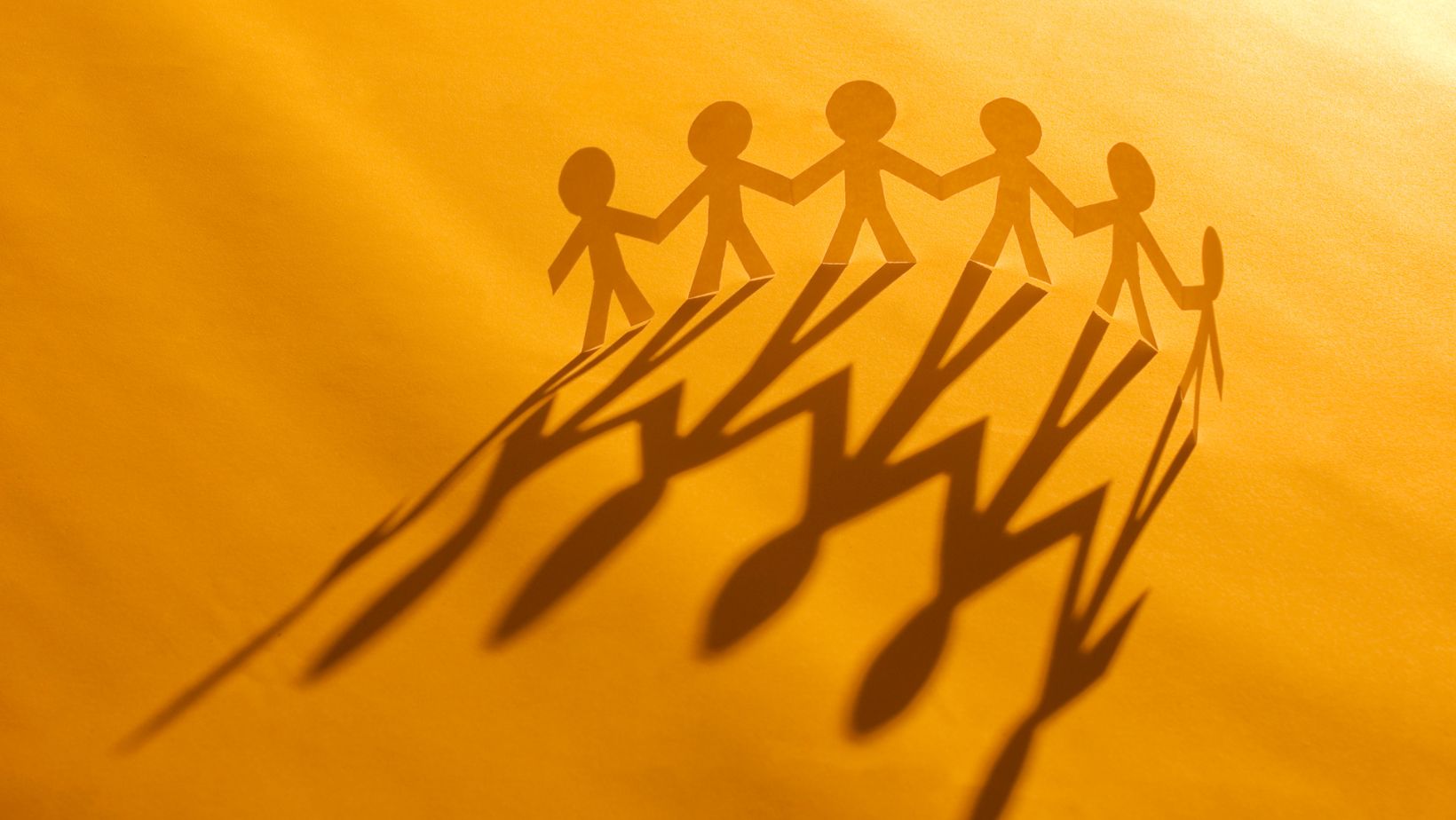For a long time, men were taught that being strong meant handling everything alone. The result was a culture that confused silence with resilience. But addiction recovery tells a different story, one that depends on connection. The truth is, no one gets through it solo, and those who try often end up right where they started. The men who build lasting recovery learn that trust and honesty are not signs of weakness, they are the foundation of real change.
In modern discussions about addiction, the power of community often takes a back seat to topics like detox, medication, or therapy. But the emotional and relational side of recovery, especially for men, matters just as much. When men begin to speak freely about their struggles, they stop being defined by them. That openness allows room for empathy and accountability, both of which are essential to rebuilding a life with meaning.
Relearning What Strength Really Means
In early alcohol addiction recovery, many men hit a wall when they realize that old habits of control and independence no longer work. The instinct to muscle through withdrawal, shame, or fear alone only makes things harder. What replaces that is humility, the willingness to admit you can’t do this without help. That quiet moment of honesty is one of the most defining points in a man’s life.
The word strength takes on a new shape in recovery. It’s no longer about how much pain you can hide or how tough you appear. It’s about showing up even when it’s uncomfortable. It’s about calling someone when temptation hits instead of pretending everything is fine. Brotherhood transforms what could be a lonely process into something shared, something that gives men permission to be both strong and vulnerable at once.
Finding Brotherhood In Unexpected Places
The connections that form during recovery are rarely planned. Sometimes it’s a roommate in a halfway house who gets it without you having to explain. Sometimes it’s a sponsor who listens instead of lecturing. These moments, quiet and genuine, build a kind of trust that’s grounded in real experience.

As men start to connect this way, they create a type of accountability that isn’t about policing one another but about caring enough to check in. Brotherhood gives men the language to talk about pain and the confidence to face it. It’s not about fixing each other, it’s about standing beside one another through the mess of rebuilding.
Building A New Kind Of Structure
Brotherhood isn’t only emotional, it’s practical. Daily check-ins, shared routines, and honest conversations all create structure, which is what keeps relapse from sneaking back in. The community that forms around recovery gives men a rhythm that helps them stay consistent. Over time, that structure becomes self-sustaining.
Sober living houses in Indiana, Virginia and all across the country are a post-rehab necessity, not just for keeping temptation at bay, but for giving men a real environment to practice living sober. These houses help bridge the gap between treatment and independence. They create space for responsibility, for re-learning the everyday skills of showing up to work, paying bills, and maintaining balance while surrounded by others who understand the stakes.
Reclaiming Purpose Through Connection
When men rediscover connection, something shifts in how they see themselves. They stop viewing recovery as a punishment and start seeing it as a rebuild. Brotherhood plays a role here too, helping men find purpose again. That purpose may be mentoring someone new, repairing family relationships, or simply showing up as a better version of themselves each day.
The structure and solidarity that come from being part of a group help men focus on what’s ahead rather than what they lost. Brotherhood replaces isolation with collaboration, and loneliness with belonging. Those changes reach far beyond sobriety, reshaping identity itself.
A New Way Forward
The idea that men must go it alone has always been a myth. The men who find strength in connection aren’t abandoning masculinity, they’re redefining it. They’re learning that leadership can mean vulnerability, and courage can mean asking for help. Brotherhood doesn’t erase pain, but it gives it a place to land, surrounded by people who understand.
For men in recovery, that’s the quiet power that sustains everything that follows. Not noise, not bravado, but the steady presence of others walking the same road, one day at a time.



